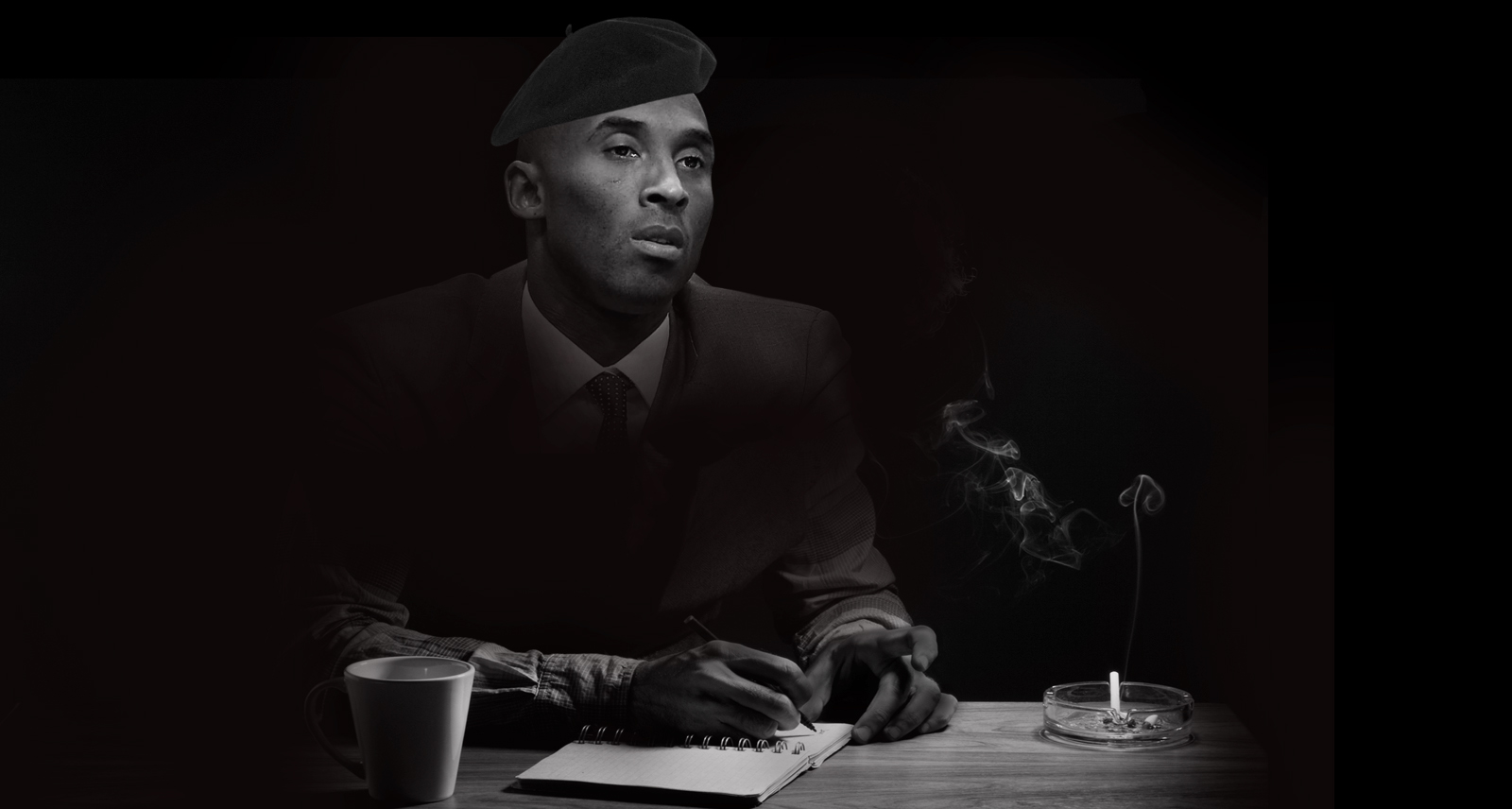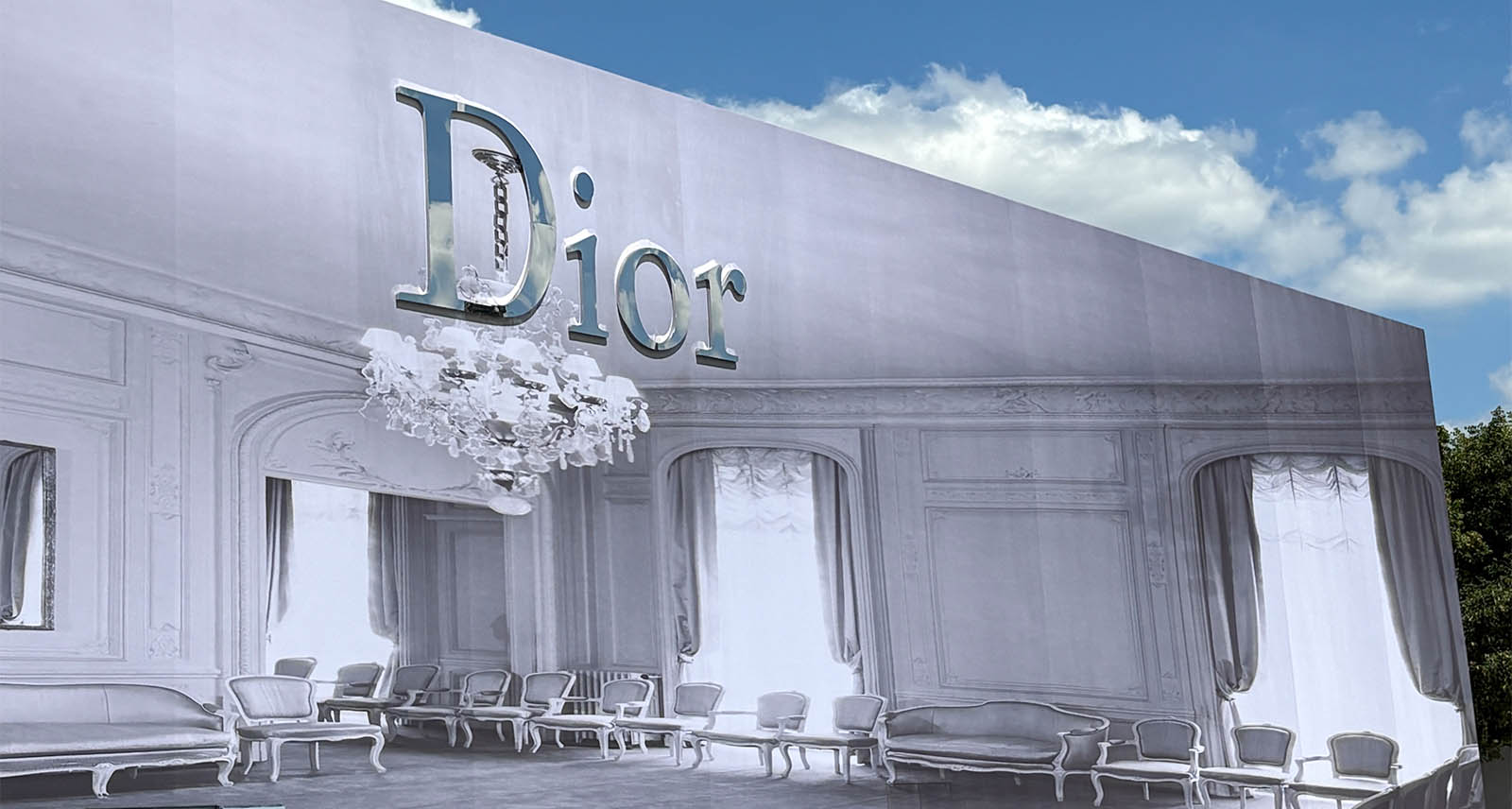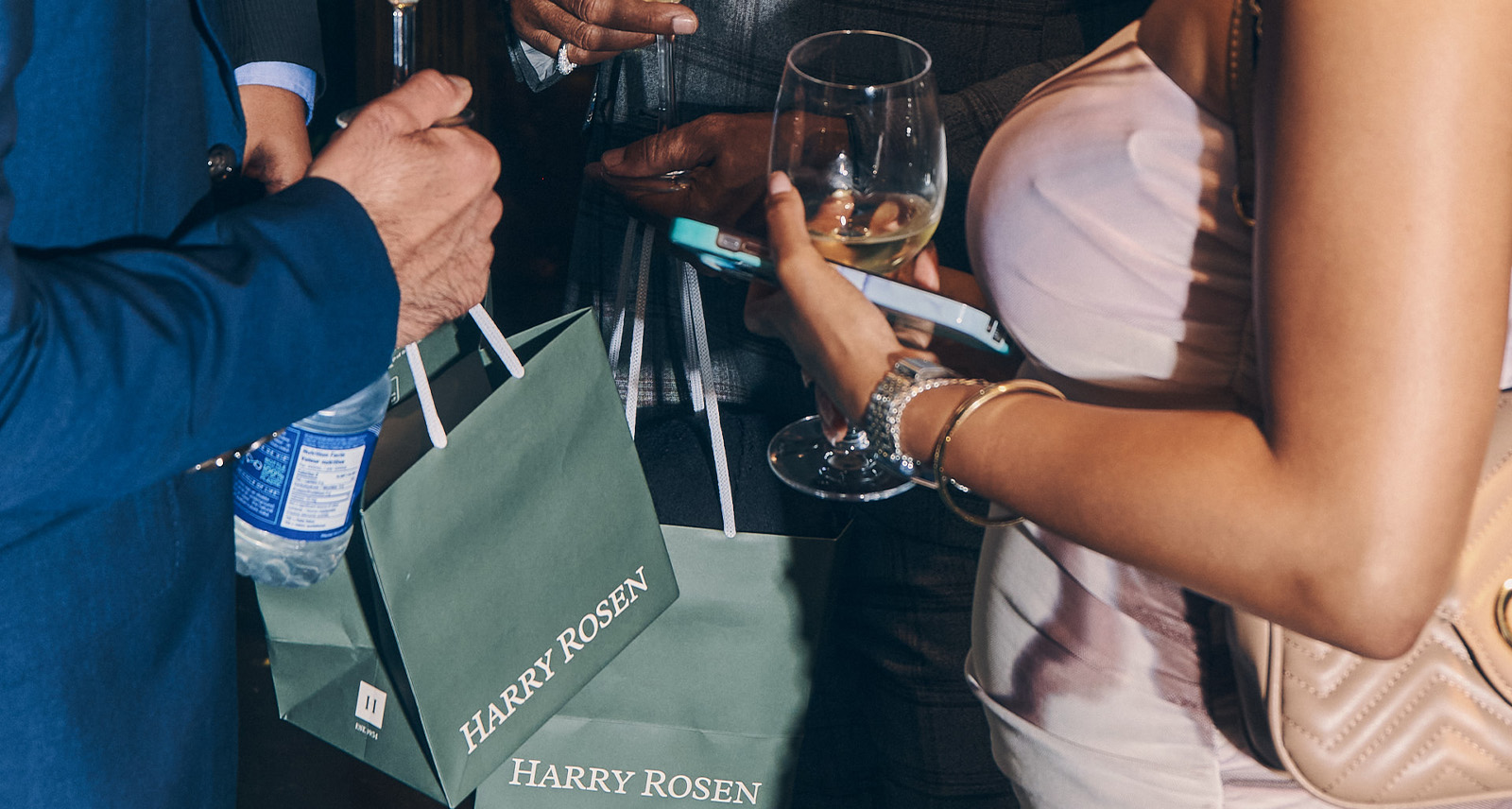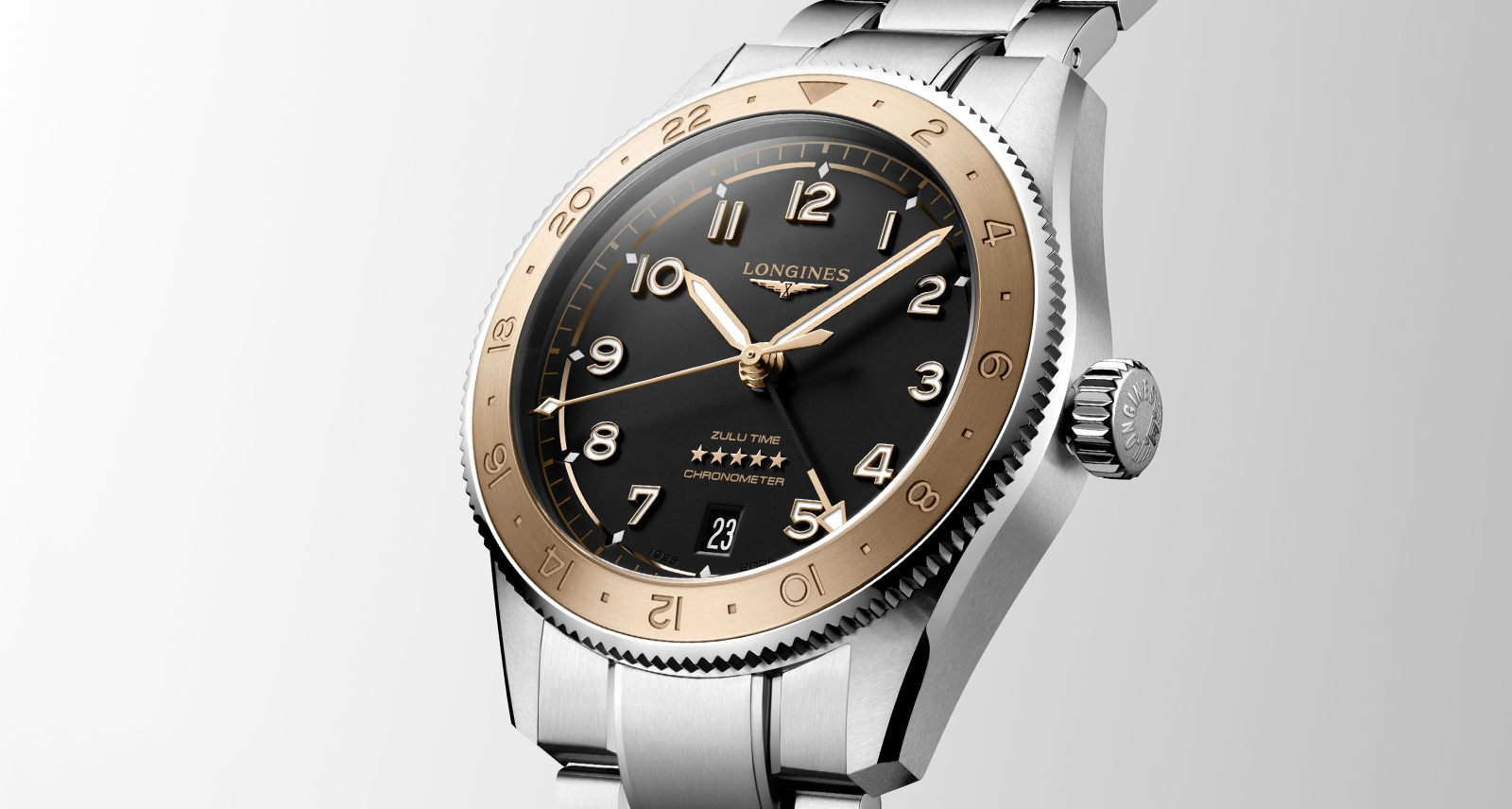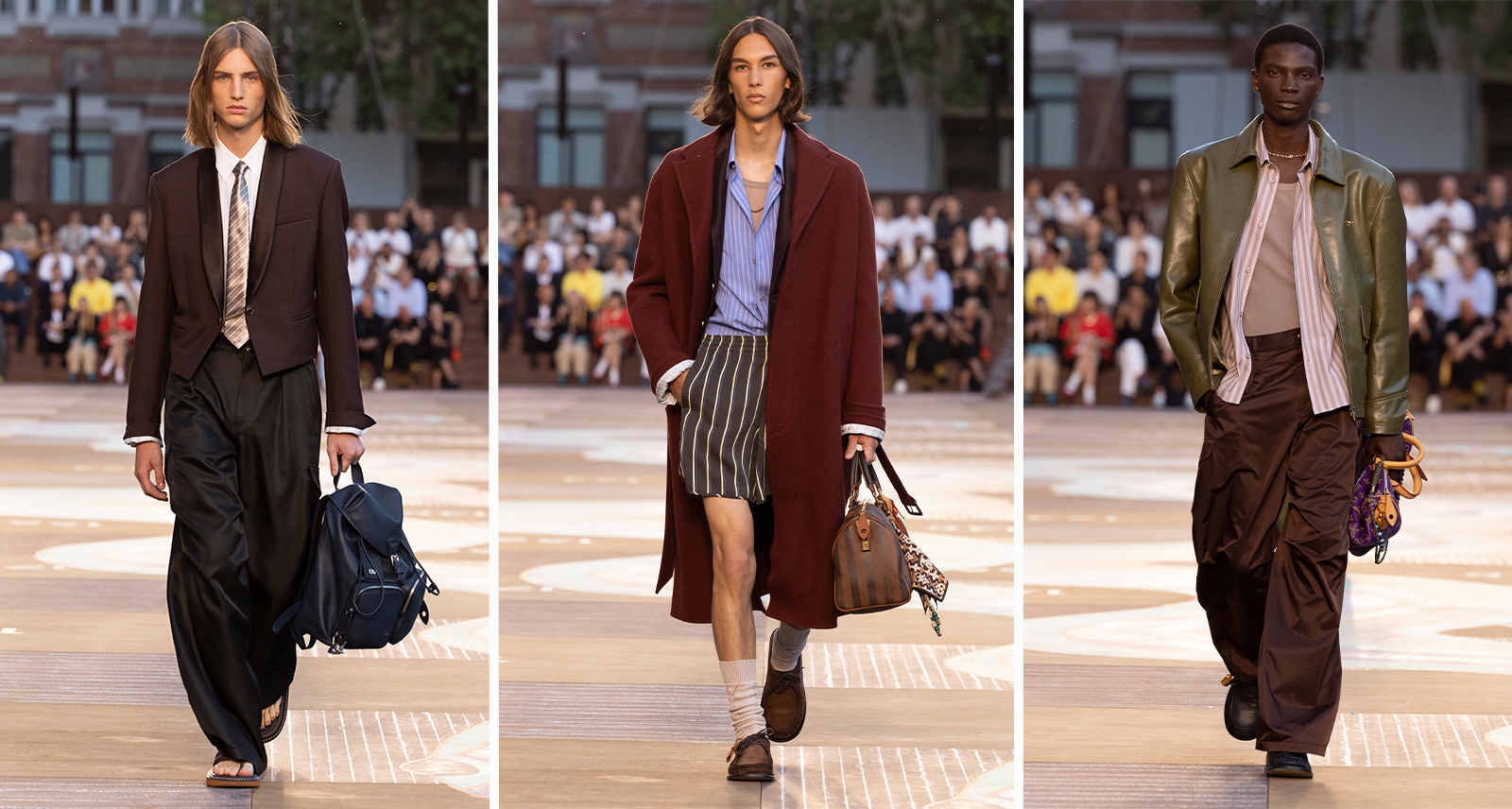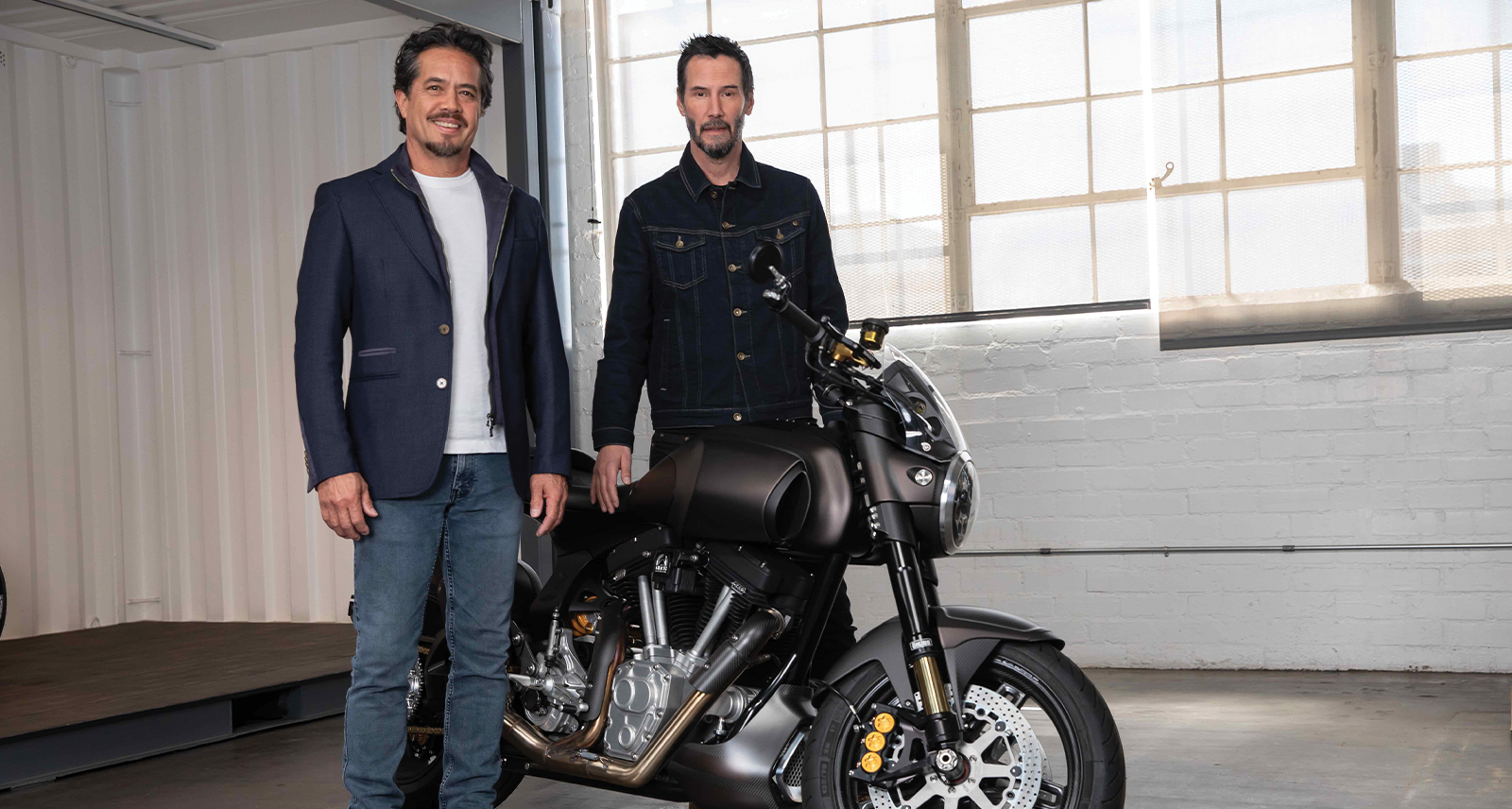We Asked a Poet to Review Kobe Bryant’s Retirement Poem
Yesterday, Kobe Bryant announced he’ll be retiring from the NBA at the end of the 2015-16 season. But rather than delivering the news via a run-of-the-mill press conference, the Lakers legend instead chose to express his feelings through a poem entitled “Dear Basketball”, published on Derek Jeter’s online magazine The Players’ Tribune.
It was an unexpected jolt of emotion from the ordinarily cold-blooded sharpshooter. To properly assess the Black Mamba’s verses, we asked Dr. David Booth — a professor emeritus at the University of Toronto with six published volumes of poetry to his name — to read through the poem closely and give us an honest critique.
So, first thing’s first: How did Kobe do?
He did really well. It’s a very beautiful poem. It’s a clever conceit of writing a love letter to an inanimate sport. It’s also an ode to a time and a place — it’s very heartfelt.
I thought the choice of details was lovely, especially the mention of “rolled-up socks” that he begins and ends with. It has tone — the arrangement of words, the syntax, the odd little phrases and breaks.
Is there a particular style of poetry that this falls under?
It’s free verse. It would’ve been easier if he’d rhymed, because that’s a cheaper way of doing it. But he didn’t. He worked hard to make it flow — it has an ending, a climax. He maintains a consistent style all the way through. I think it’s a unified work.
And so you feel that it has value as a poem.
Absolutely. See, the problem is that most people will think it doesn’t, because of who he is. But it is a poem. It’s a strong poem. It vibrates with his life, with what he believes, what he cares about. It has a musical rhythm to it. It’s a real piece.
Why do you think he chose to announce his retirement in this way?
He had to find a way to harness his emotional response. And what a poem does, is it compresses. It’s like two bookends that force your emotions out between them. You’re allowed to say things in a poem that you can’t express any other way. He wrote a love poem about the rhythm of basketball, his sense and feeling of it all. It allowed him to put his heart right out front.
It comes from a very raw and honest place.
Very raw. That’s why poems and songs are so useful. In a tiny space, they allow you to burst like a sudden breakaway down the court. They’re the only forms we have that do that — if he’d written a short story about it, it would’ve gone on too long. This is just a pure burst of emotion about what he loves to do.
So in some ways, it’s representative of the way he played the game: clinically, direct, full of passion.
Exactly.
I guess the cynical question would be: do you think he actually wrote this?
That is a cynical question, and the answer is that I use editors all the time that help me be better. Even if he did [have help], who cares? These are his thoughts and his feelings — and no one can argue they aren’t his thoughts and his feelings.
There’s been a lot of speculation today about what Kobe will do post-retirement. Do you think he has a future in poetry?
No, there’s no money in it. [Laughs.] I think he’s got a future in expressing himself honestly and beautifully, though. Hopefully, he’ll speak publicly and work with young people to address their hopes and aspirations, because anybody who has such strong belief and passion can share that with others.
